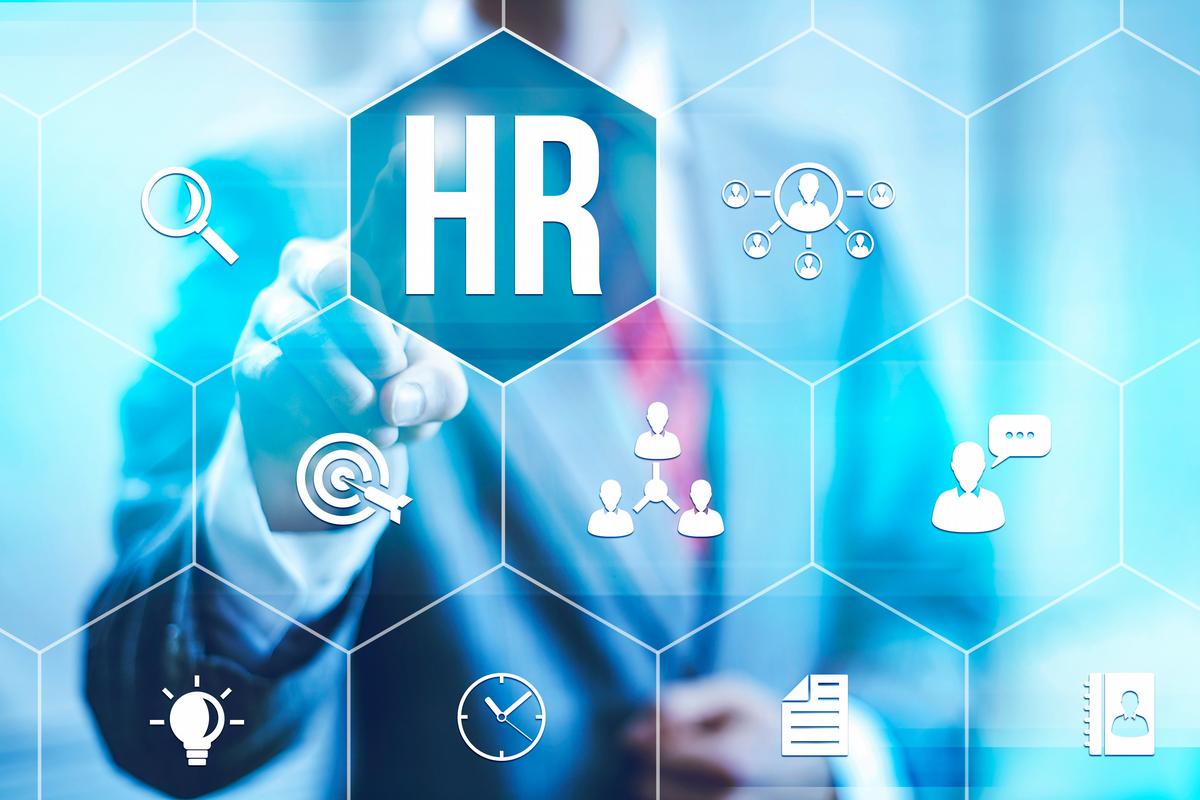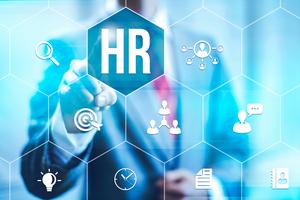In the August issue of its HR Magazine, the Human Resource Management Society (SHRM), the world's largest association of HR managers, published an overview of the following changes in HR over the past ten years, along with predictions of further developments in the years ahead.
The first three changes appear in the previous article A decade of HR Changes (1/2).
4. Remote working
Ten years ago, businesses offering remote or home-based work were mostly exceptions. Today, remote working is quite common and generally perceived as beneficial to both employees and employers, allowing companies to expand their pool of potential new workers. Moreover, it has inspired companies to change their attitude to working hours and prioritise results over time actually spent at work.
On the other hand, it is evident that working only remotely, when employees sit at their computers and communicate only by e-mail, is not ideal. HR people are already seeking, and will continue to seek, ways to make remote work more humanised.
5. Gig economy
Also referred to as access or sharing economy, it is associated with a decline in the traditional workforce (employees) and an increase in the number of people working on short-term contracts or projects for different organisations without being their employees. Contracts are often offered to them via various digital platforms providing services (transport, accommodation, cleaning, etc.).
In the US in 2016, every fourth person worked in this way. The gig economy became stronger during the economic crisis. Nowadays interest in it is growing especially with the emerging generation of millennials, who are seeking more independence and opportunities.
In the coming years, HR professionals will focus on how to reward independent workers competitively and how to deal with the copyright issues of their work. Generally, this trend should bring benefits to both businesses and workers.
6. Data analysis
Recent years have seen growing pressure on HR to measure the costs and benefits of its programmes for companies. Yet only a few HR professionals have experience with data analysis: according to a Deloittle study last year entitled Global Human Capital Trends, only 9% of companies had a strong team capable of analysing HR data.
According to SHRM, the ability to use data to measure and improve individual HR initiatives will be the strongest trend of the next decade. Predictive analysis will then affect everything from recruitment to health and safety at work.
It will be possible to compare, for example, whether job seekers have the same characteristics as the best employees of a company. The data will show which behaviour leads to less frequent illnesses or where the most frequent accidents occur in a company.
The next level of data analysis will come with the development of new technologies based on artificial intelligence and machine learning, which are already gaining momentum.
-kk-



